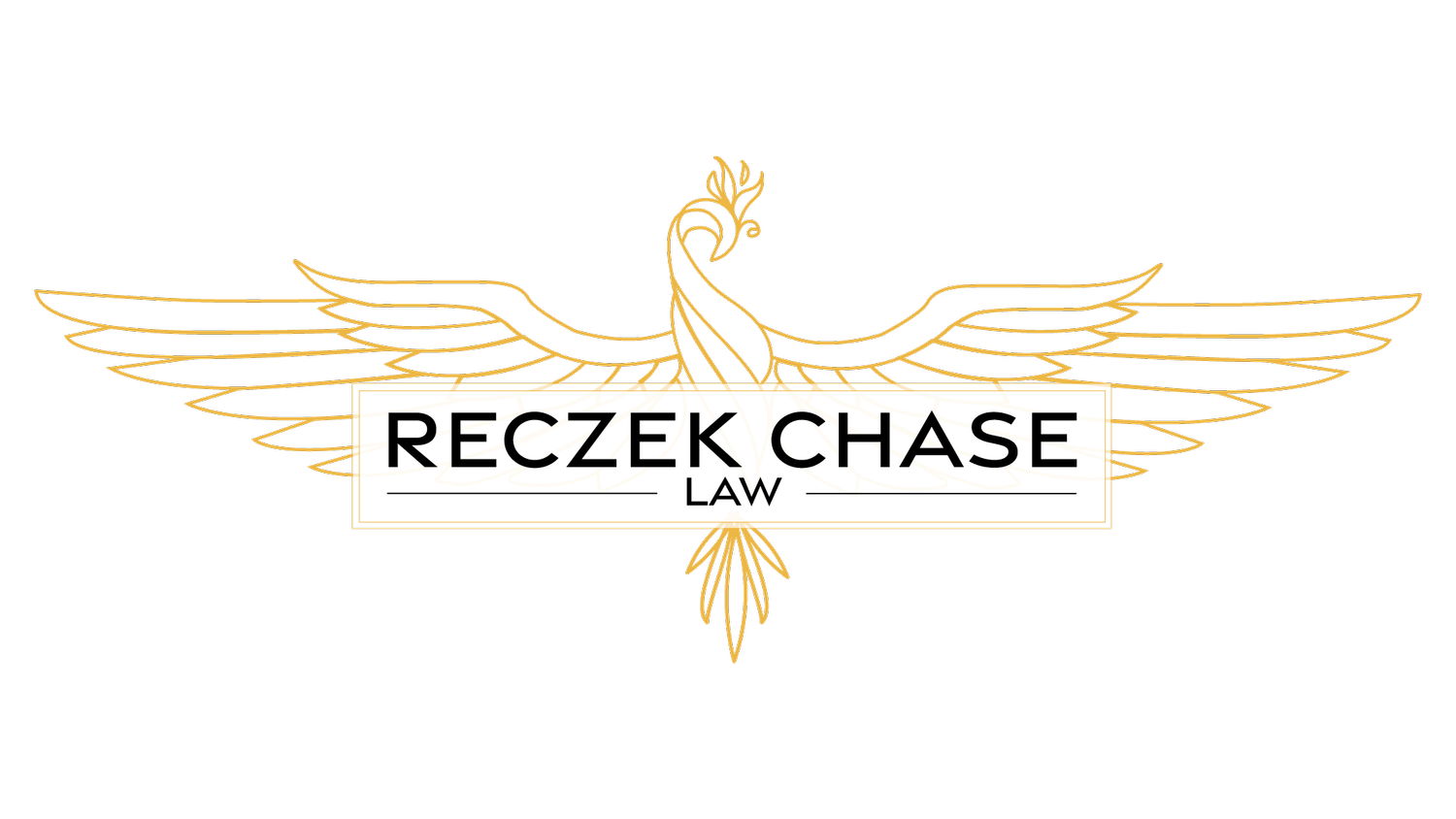
Domestic Violence


Julie and Ethan are proud Fellows of the Mary Byron Project, where they help prevent abusive partners from misusing the system to continue their manipulation, control, and abuse.
We go to higher courts on behalf of victim-survivors to ensure the law is applied in a way that protects them, to prevent abusive partners from continuing their abuse through the courts, and to hold judges accountable to survivors. Julie and Ethan not only have your back, but also know what it takes to win your case.


Understanding Options to Keep You Safe
-
An interpersonal protective order is a civil court order that protects you from an abuser if you are a victim of: dating violence and abuse; or sexual assault or stalking committed by someone whom you may or may not have dated.
However, if the person who has sexually assaulted or stalked you is a family member or an intimate partner with whom you live(d), have a child, or married, you would file for a protective order based on domestic violence instead, which you can find out more about in the dropdown below.
-
A domestic violence order can only be issued after you have had a full court hearing where you and the abuser both have the opportunity to tell your sides of the story to a judge. If the judge finds that domestic violence or abuse has occurred and may again occur, she can order a DVO, which will prevent your abuser from contacting you. Like EPOs, domestic violence orders are not effective or enforceable until they have been served on the abuser or until the abuser has been given oral notice by law enforcement or by the court about the existence of the DVO and what its terms are. A DVO can last for up to three years. You may also extend your DVO for an additional three year-year period.
-
An emergency protective order (EPO) can be ordered without prior notice to the abuser if the judge believes there is an immediate and present danger of domestic violence and abuse. If you are granted an EPO, the abuser will be notified that you have an order against him/her and the date and time of the hearing for your domestic violence order.
An EPO is not effective or enforceable until it has been served on the abuser or until the abuser has been given oral notice by law enforcement or by the court about the existence of the EPO and what its terms are. Generally an EPO will last for 14 days until your hearing for a domestic violence order. If law enforcement is unable to serve the abuser prior to the hearing, the judge can postpone the court date and extend your EPO for another 14 days. The EPO can be extended multiple times over a six-month period while law enforcement attempts service. However, at the end of the six-month period, if the respondent cannot be located to be served, the emergency protective order will be dismissed “without prejudice,” which means you could re-file.
-
If you are a victim of domestic violence, we are prepared to help you navigate the systems in place to offer you protection. Even if you decide not to work with us to keep you safe, there are still resources for you.
First, and as soon as safe and practicable, go to the Domestic Violence Intake Center in the Hall of Justice. There, you will speak with a team of trained professionals to take out an Emergency Protective Order and get your case on the docket. Next, you have the option of putting your case on yourself or finding an attorney.
-
While a child may be protected under any one of the protective orders, if the abuser is harming the child then you should contact Child Protective Services immediately. Generally, temporary custody determinations may be made by a judge during the hearing on any one of the orders listed above. However, you will likely need to file a petition for custody to get a long-term solution to scheduling parenting time with the abuser.
-
While a child may be protected under any one of the protective orders, if the abuser is harming the child then you should contact Child Protective Services immediately. Generally, temporary custody determinations may be made by a judge during the hearing on any one of the orders listed above. However, you will likely need to file a petition for custody to get a long-term solution to scheduling parenting time with the abuser.


We can help. Reach out.
Schedule a consultation, or navigate to our contact page to send us an email or give us a call.


